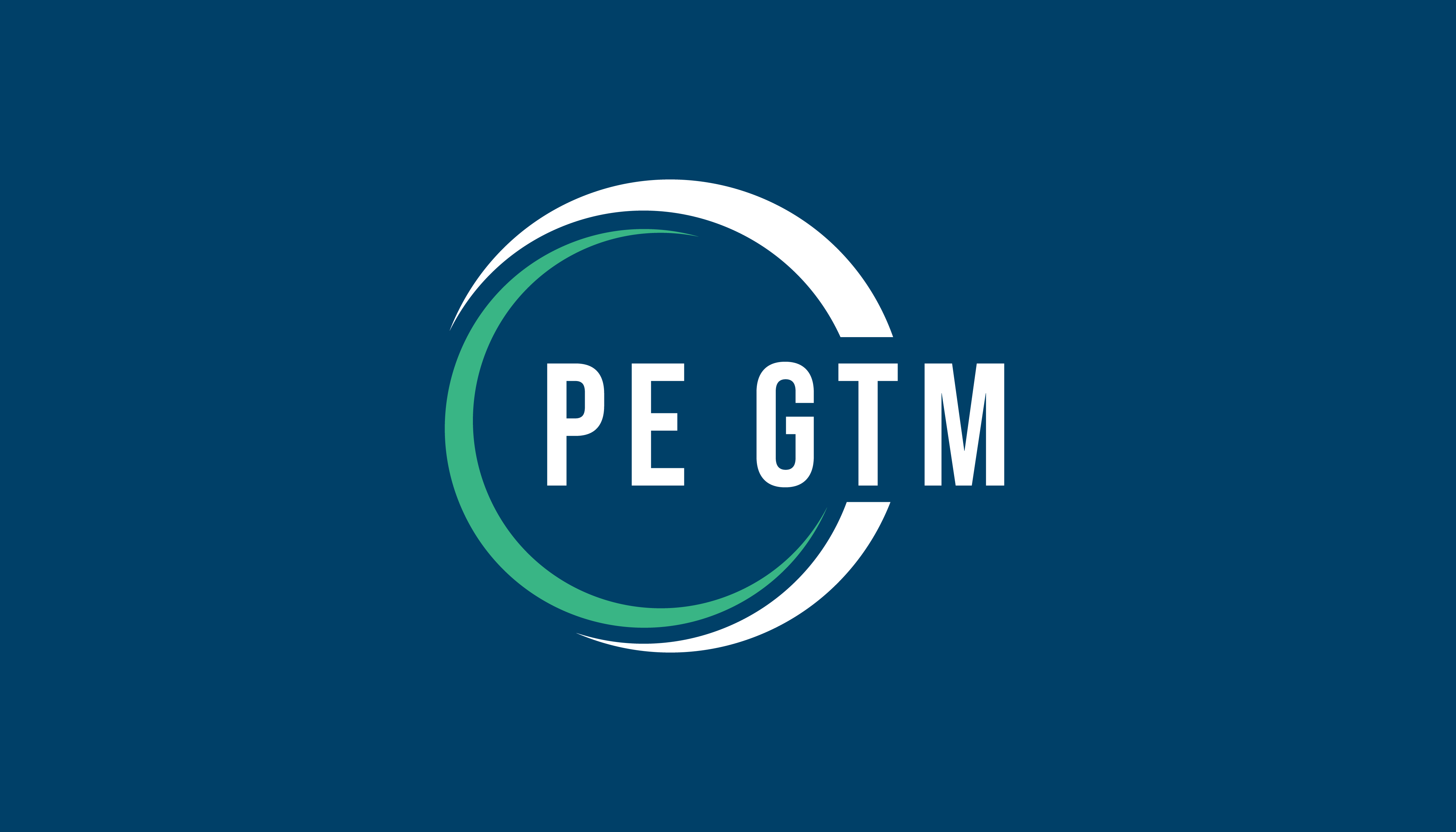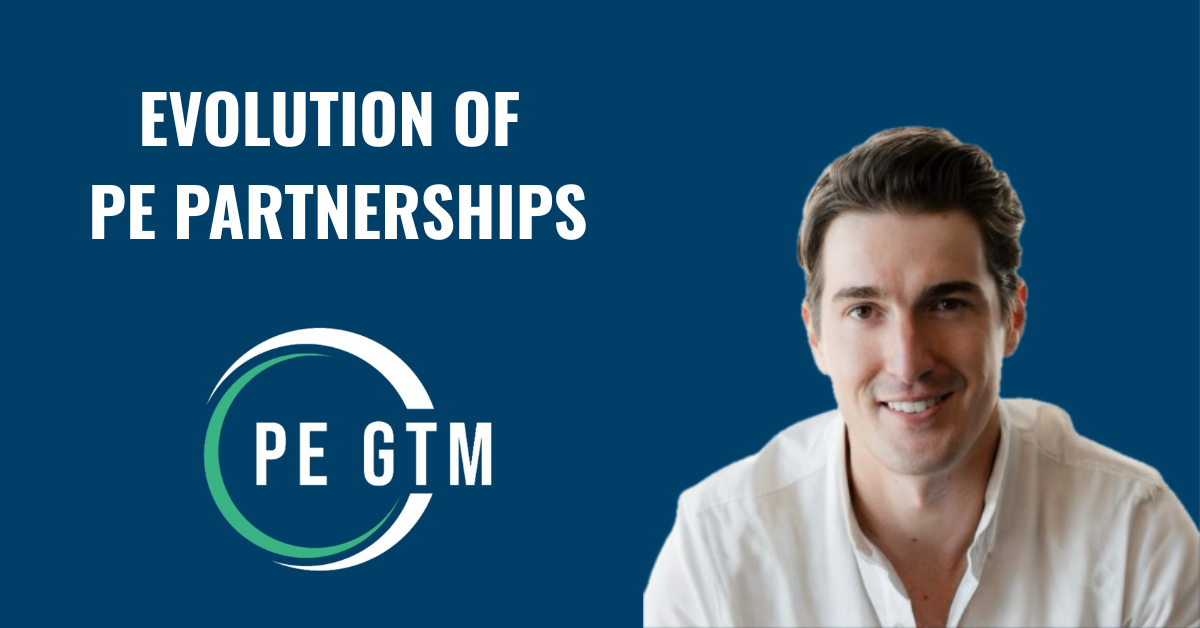
Evolution of Private Equity Partnerships in SaaS
Over the past decade, the world of Private Equity (PE) has undergone a quiet but significant transformation. As software becomes a dominant force across nearly every industry, the relationship between PE firms and technology vendors has evolved from sporadic transactions to full-fledged partnership programs. Today, many of the most successful software vendors—from ERP giants to SaaS innovators—have dedicated Private Equity (PE) practices designed to support, scale, and monetize their relationships with PE-backed portfolio companies. But how did we get here?
The ERP Origin Story
The concept of PE-focused go-to-market (GTM) strategies can be traced back to the early days of cloud ERP platforms like NetSuite and SAP. As PE firms increasingly acquired mid-market and enterprise companies, they began standardizing technology stacks across their portfolios to drive operational efficiency. ERP platforms—being central to financial operations—naturally became the first category to be targeted.
Software vendors like NetSuite recognized this opportunity and built the first Private Equity Partnership Program. These early programs often focused on helping sponsors modernize finance systems across their holdings, offering volume discounts, pre-vetted implementation partners, and accelerated deployment methodologies. SAP, too, created alliances with larger PE firms, embedding their tools into value creation playbooks. The goal was simple: reduce IT complexity and enhance value creation timelines.
From ERP to CRM: The Salesforce Era
As GTM motions matured, the value of integrating customer-centric platforms became apparent. Salesforce, known for its cloud-native CRM and flexible ecosystem, capitalized on this trend. Recognizing that PE-backed companies needed to quickly build out scalable sales and marketing engines, Salesforce began building out a dedicated PE/VC Practice to work directly with investment professionals and portfolio operations teams.
This shift marked an inflection point. What began as a back-office efficiency play with ERP had now moved into front-office transformation. Salesforce’s PE practice helped sponsors assess GTM maturity in diligence, provided portfolio-wide commercial terms, and often collaborated on post-close value creation planning.
Services Join the Fold
It wasn’t long before service providers—consulting firms, system integrators, and implementation partners—recognized the value of aligning with PE firms. These firms began standing up their own PE practices, helping investment teams during diligence and supporting transformation initiatives across the portfolio. Leading system integrators such as PwC, Deloitte, and RSM have dedicated teams focused on Private Equity that work alongside technology practice leaders to expand access and influence into the PE firms and their portfolio companies. Techtorch is an example of a disruptive SI focused on Commercial Excellence and taking an AI first approach to serving Private Equity with more agility.
Whether modernizing finance, standing up RevOps, or driving digital transformation, these service providers embedded themselves into the PE ecosystem. Their offerings often dovetailed with those of software vendors, leading to joint go-to-market motions where vendor + services + PE firm collaborated in lockstep.
The Rise of the Operating Partner
A key driver of this evolution has been the rise of the Operating Partner within PE firms. No longer just capital allocators, PE firms now invest heavily in operational capabilities. Operating Partners—tasked with driving growth, transformation, and efficiency across portfolios—have become key stakeholders in vendor partnerships.
These operators seek partners who can deliver results quickly and at scale. For software vendors, this means creating PE-specific playbooks, offering dedicated resources, and showcasing proof points of past success within the PE landscape. As a result, vendor PE programs are becoming increasingly sophisticated—built not just for sales, but for enablement, adoption, and measurable impact.
Why Now: SaaS Proliferation in Portcos
So why is this happening now? The answer is simple: PE firms are buying more SaaS-heavy companies, and their portfolios are becoming increasingly software-driven. From vertical SaaS in healthcare and manufacturing to AI-infused platforms in financial services, software is no longer just a tool—it’s a value driver.
This SaaS proliferation means that PE sponsors need trusted partners who understand the pace, complexity, and nuances of scaling software in a PE-backed environment. Vendors who can provide that guidance—not just products—are being welcomed into the inner circle.
What’s Next: Artificial Intelligence and Monetizing Consumption
The next wave of PE partnership programs will likely focus on artificial intelligence, monetizing consumption models, building deeper integration with PE tech stacks, and collaborating on data-driven insights that improve decision-making across the investment lifecycle.
As PE GTM continues to chronicle the success stories of modern PE partnership programs, one thing is clear: we’re entering a golden age of alignment between Private Equity and the software artificial intelligence ecosystems. Those who embrace this evolution—on both sides—stand to unlock transformative value.
PE GTM is your go-to source for the stories, strategies, and people shaping the next generation of Private Equity Go-To-Market.

